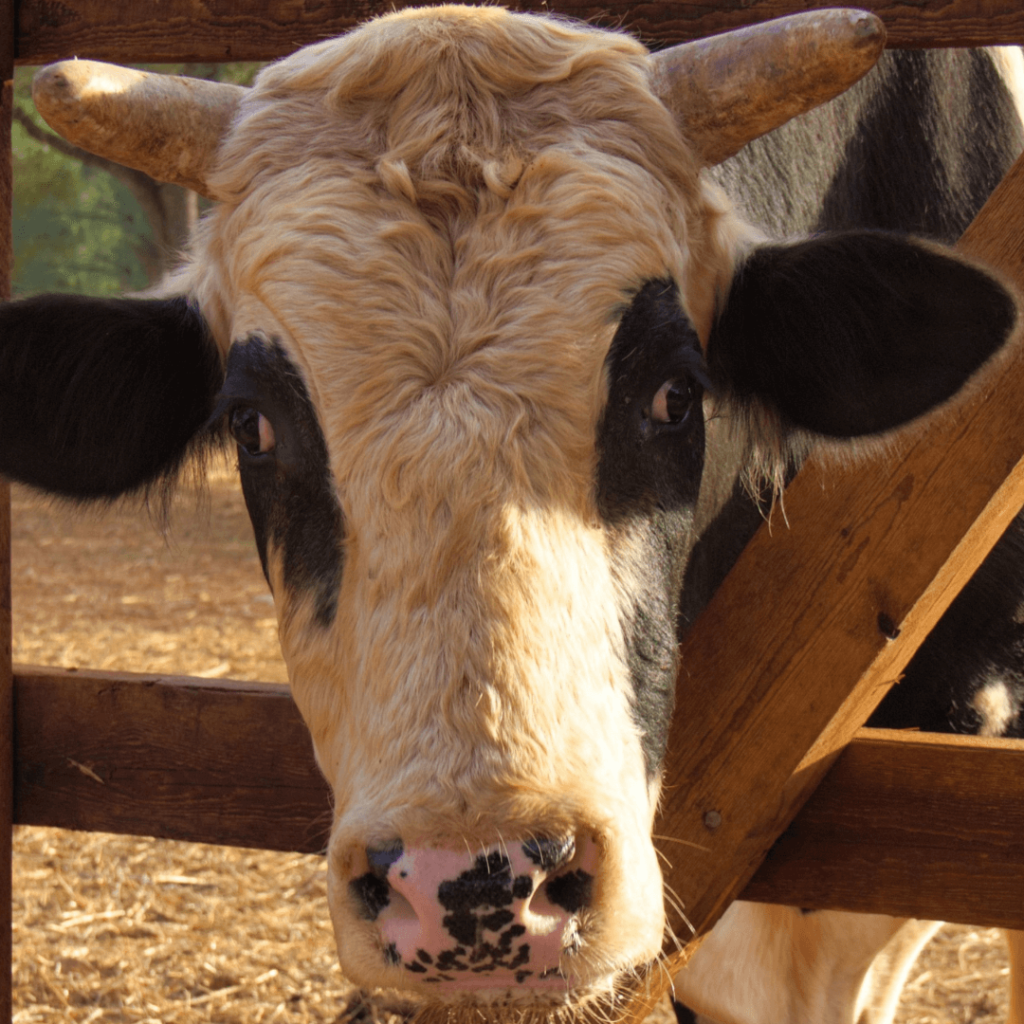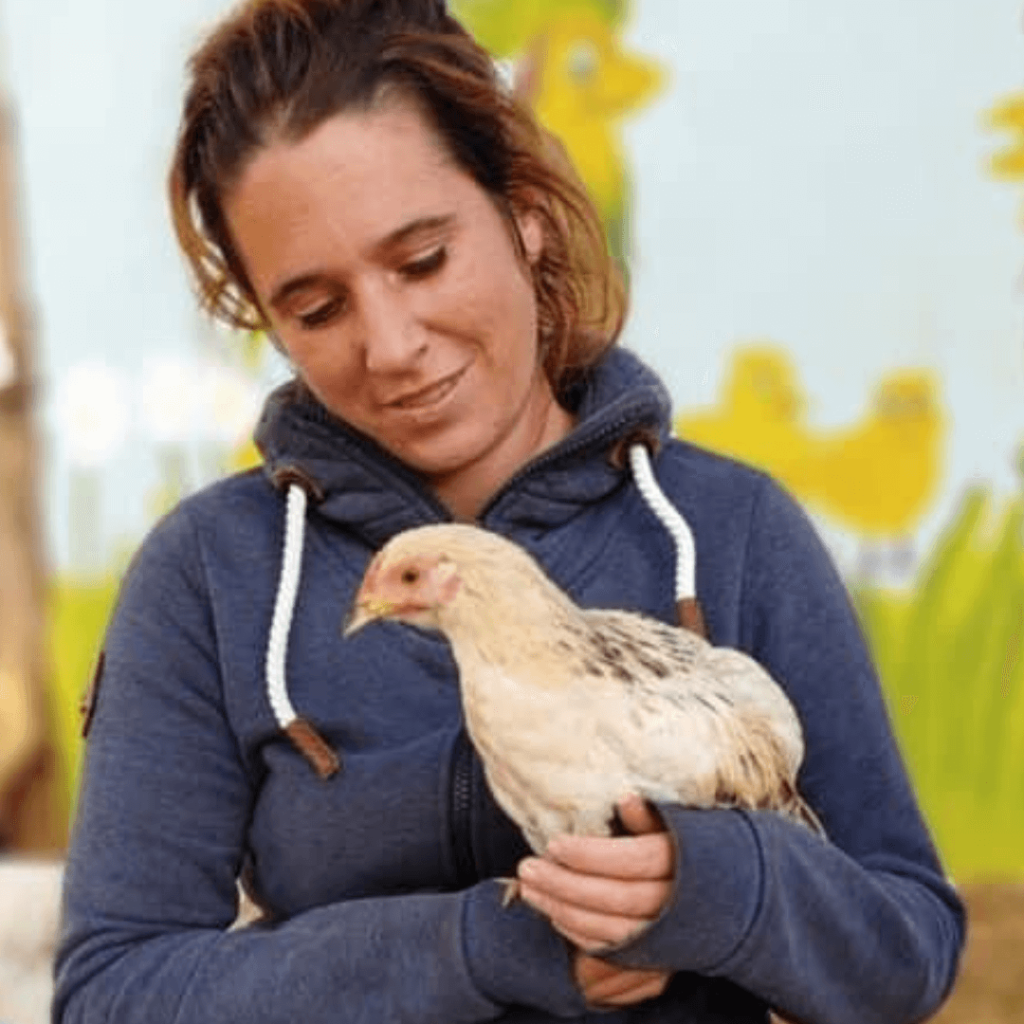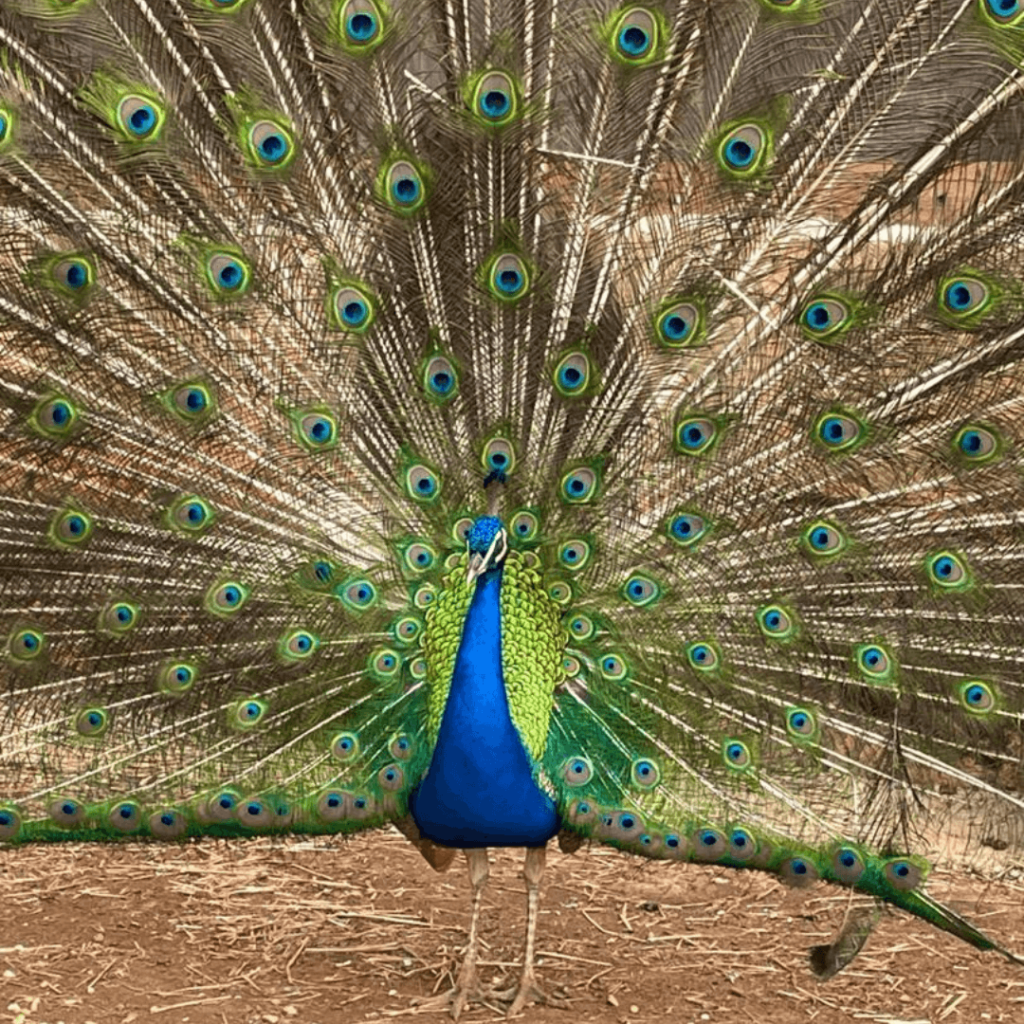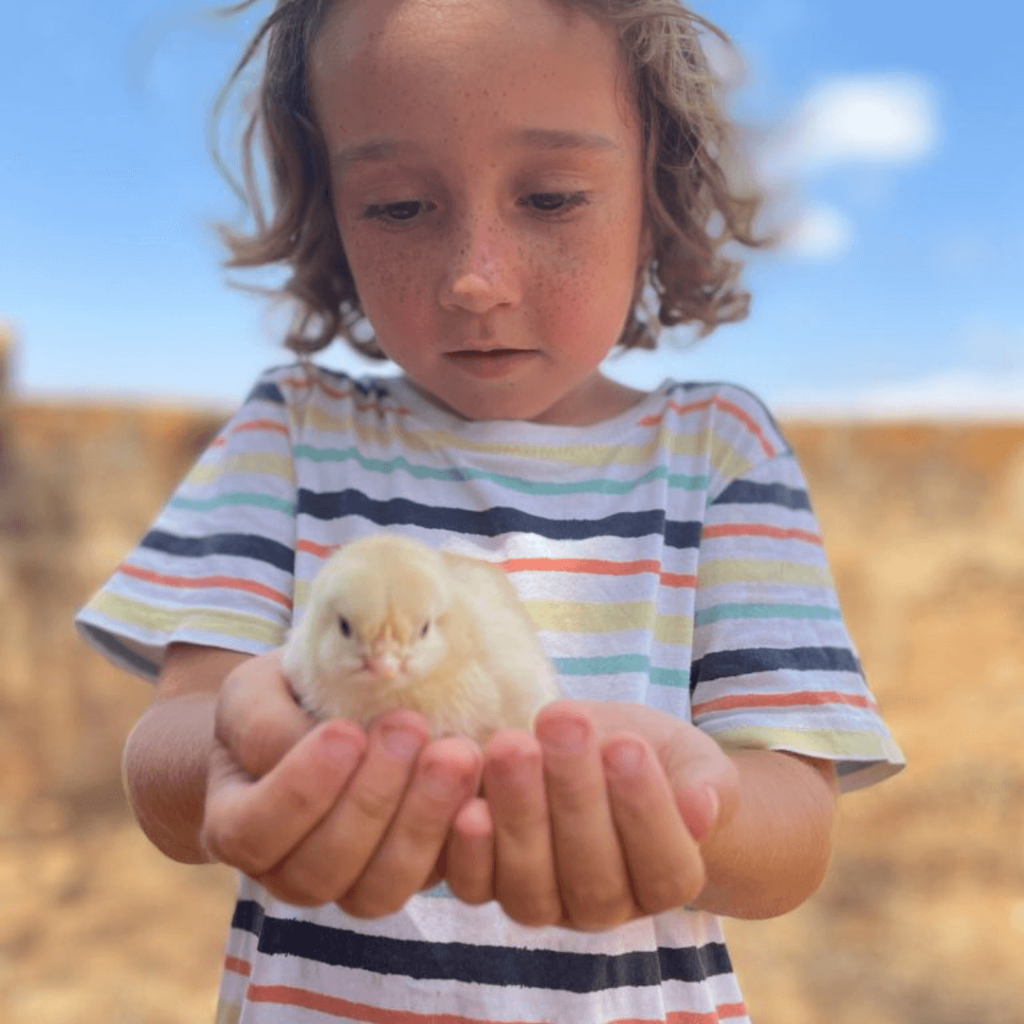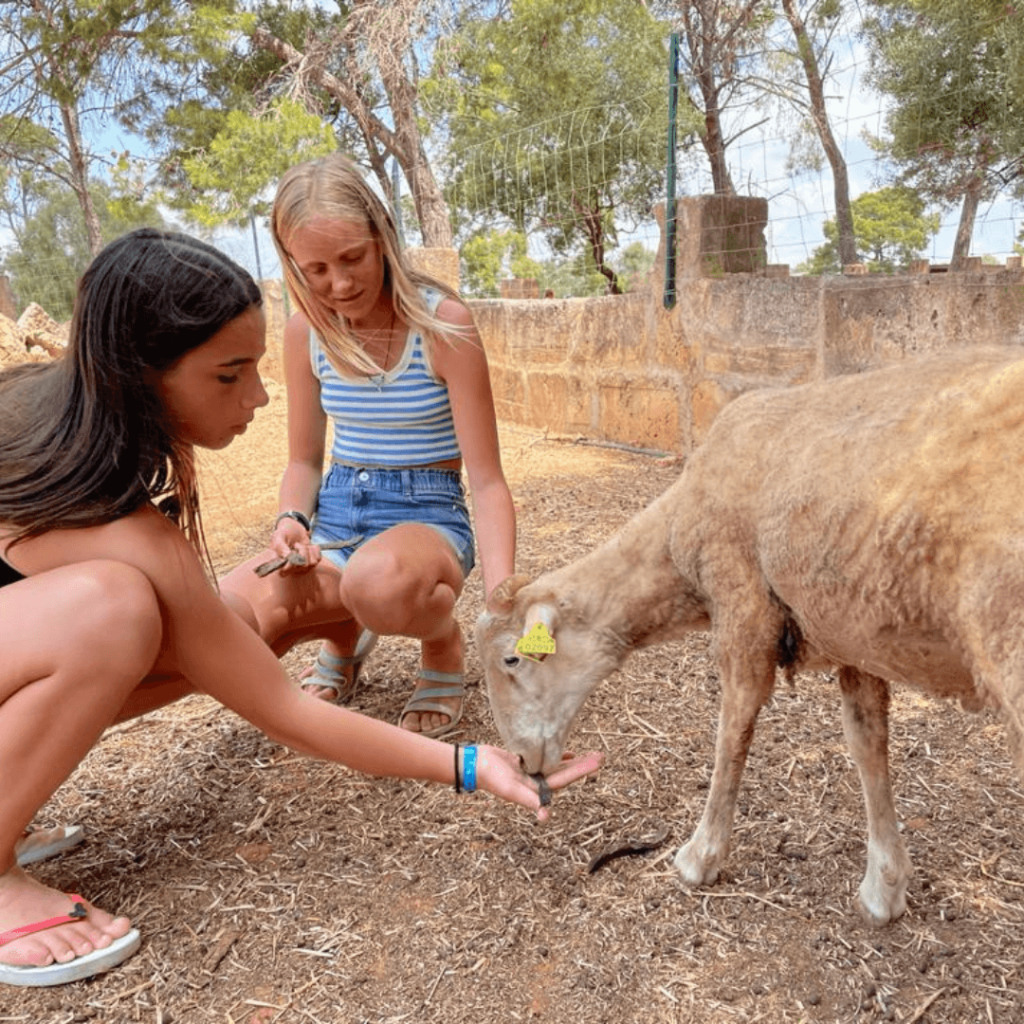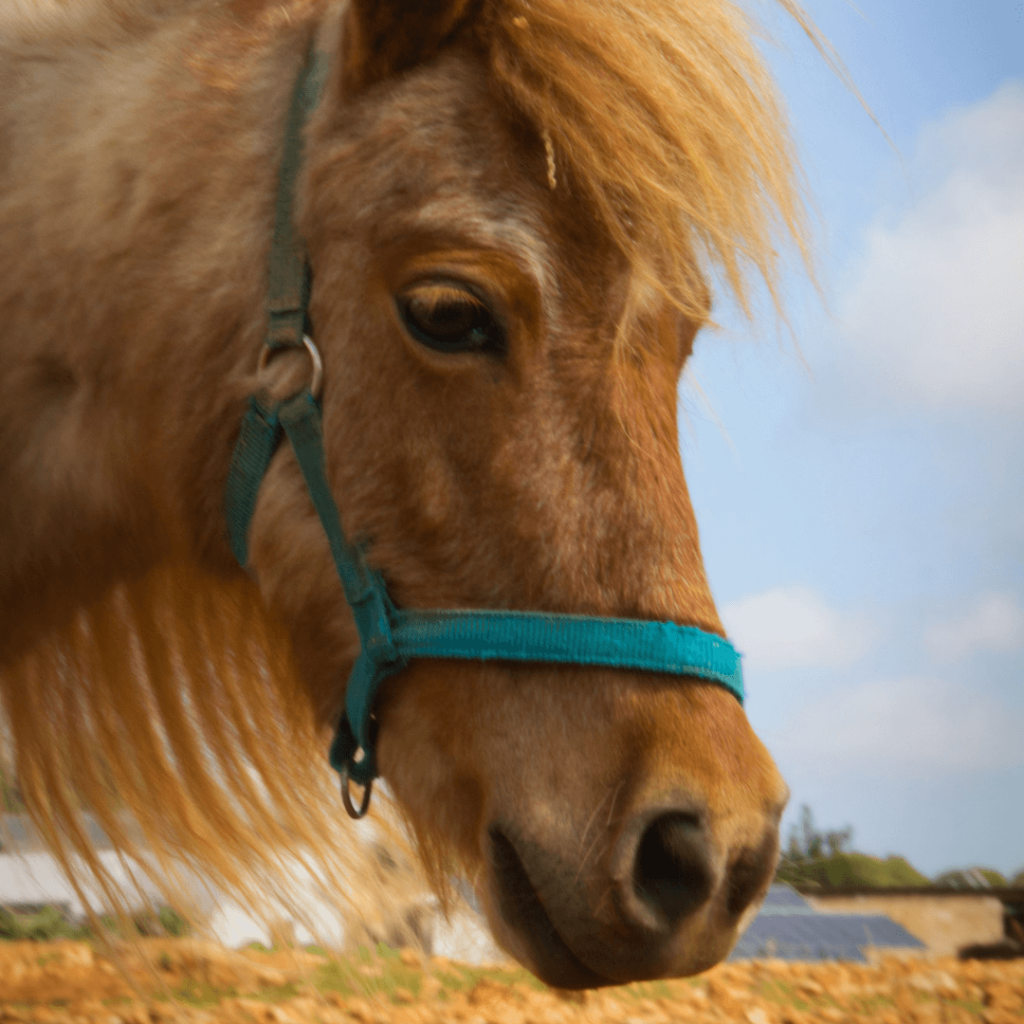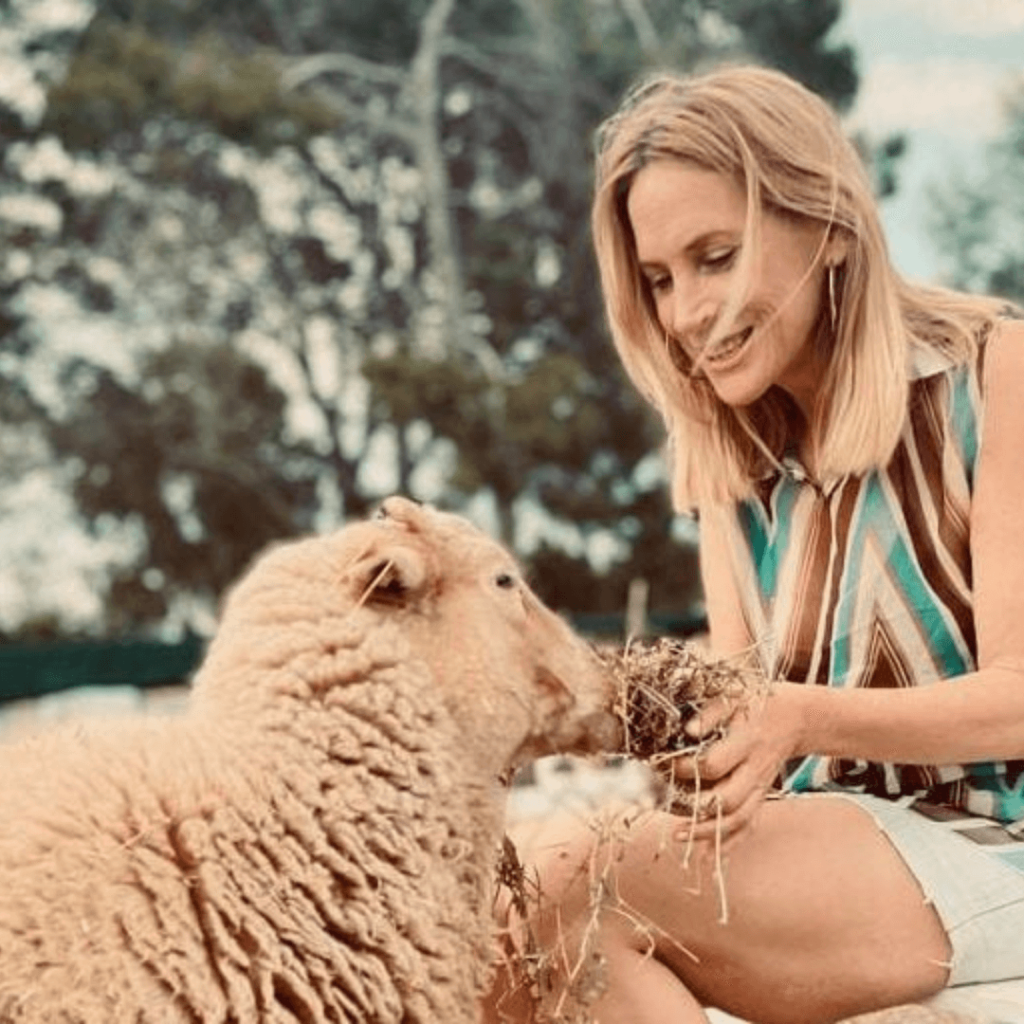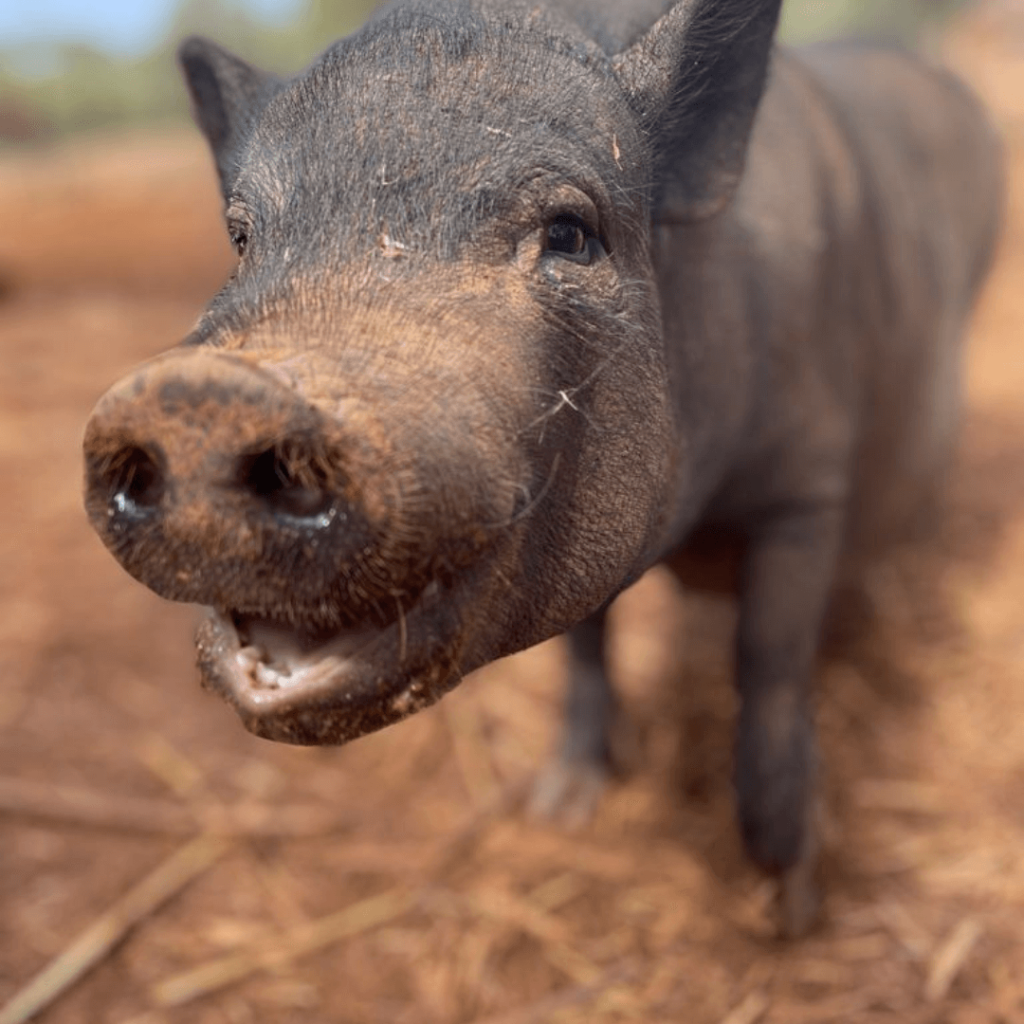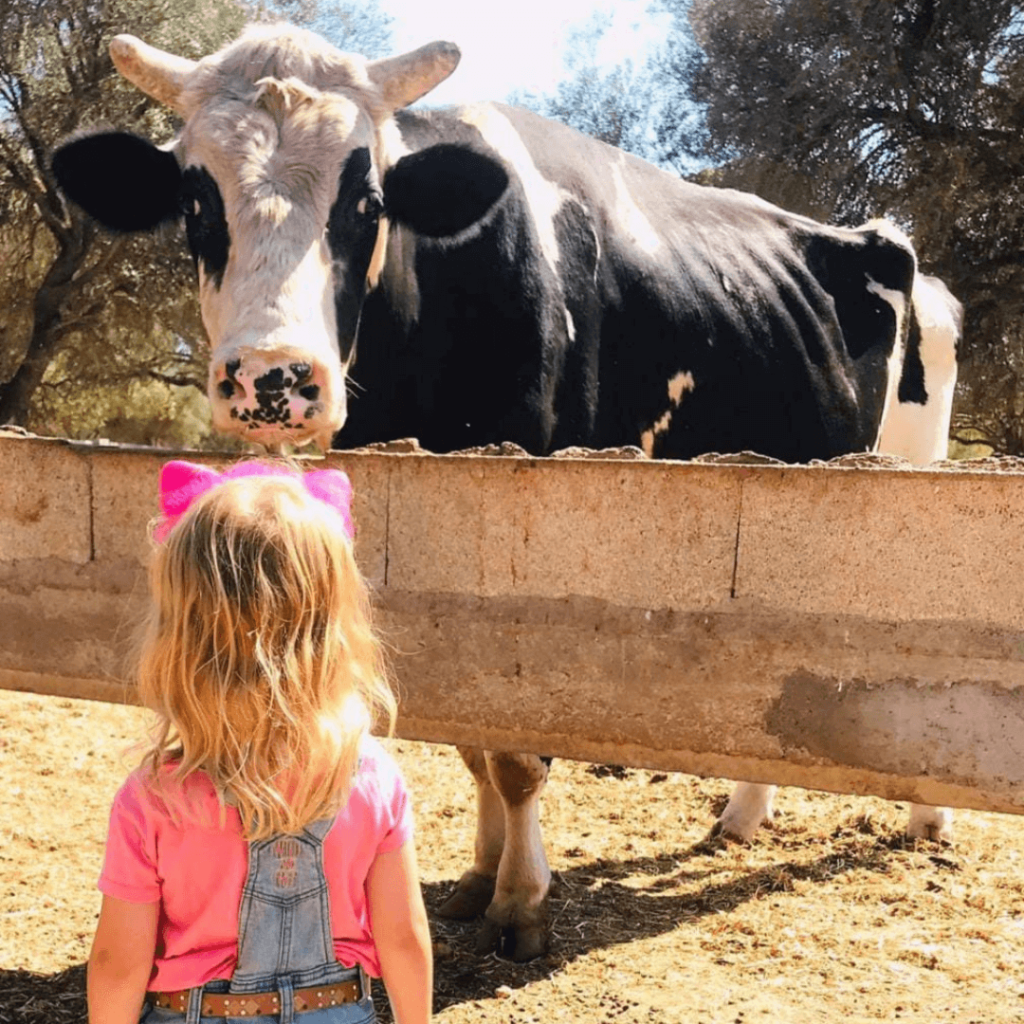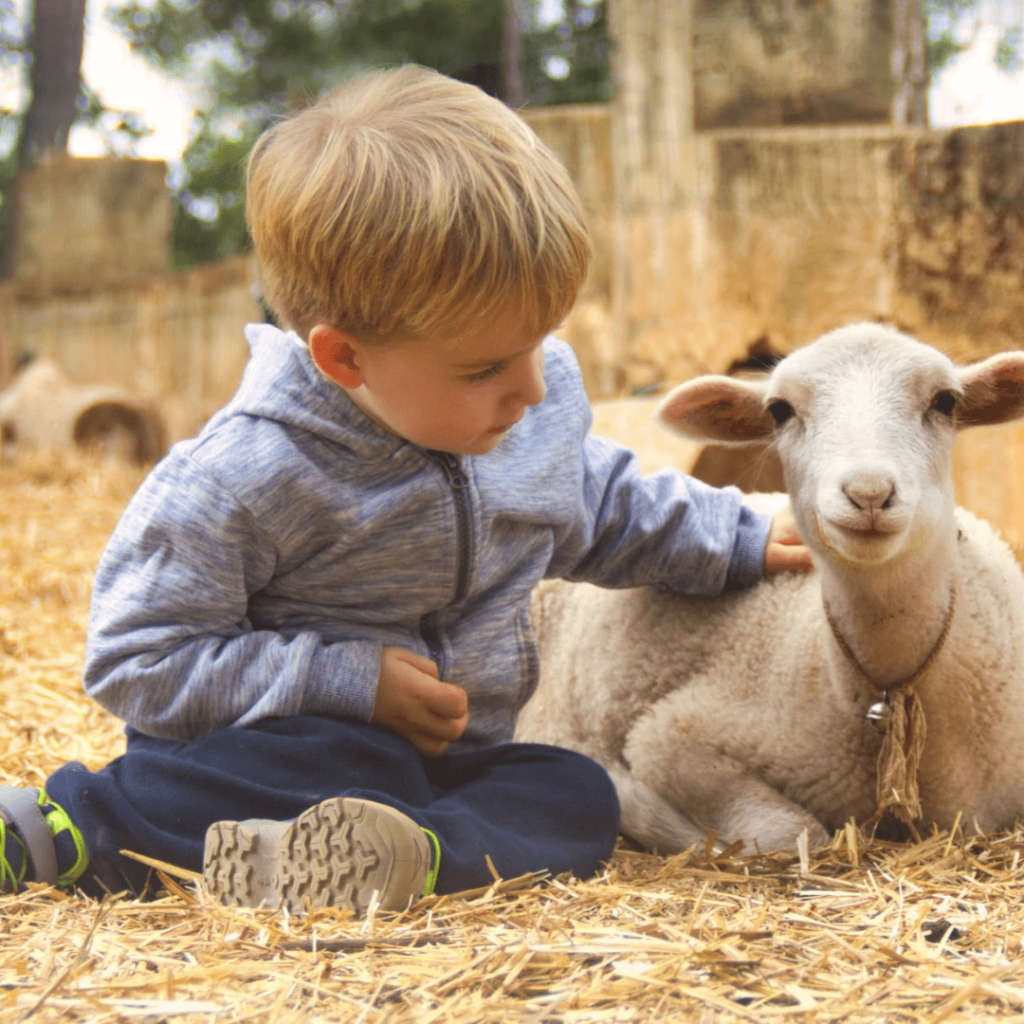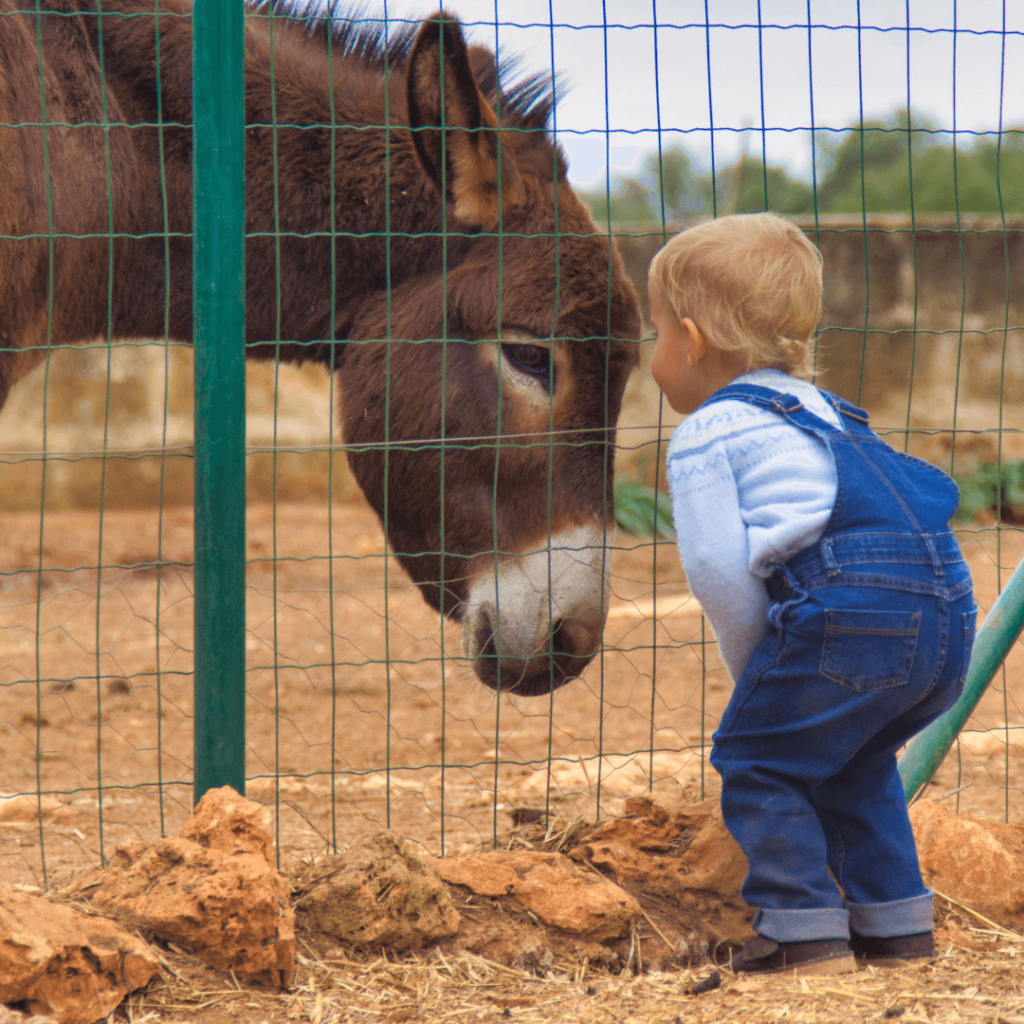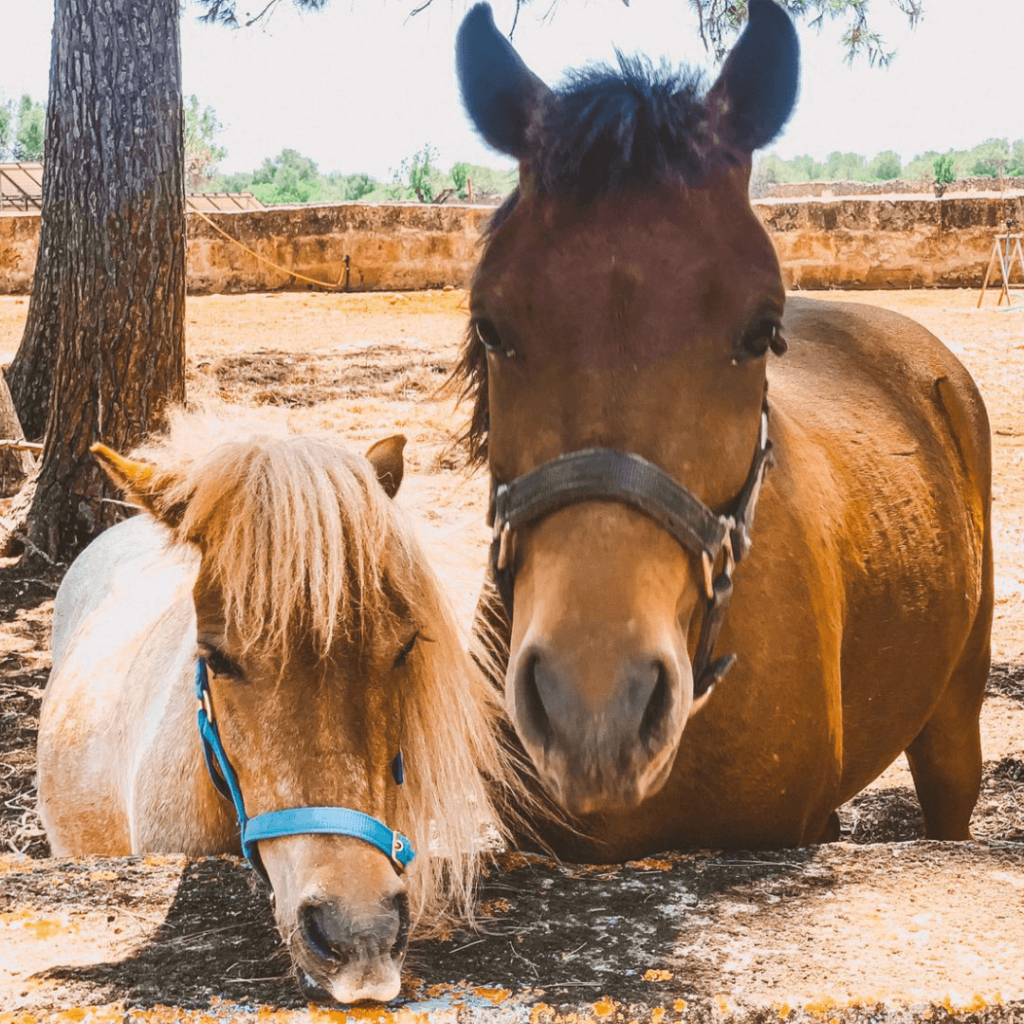One area of our farm life is especially active: our animal farm. It is home to more than 200 farm animals. Here you can enjoy being close to grunting pot-bellied pigs, funny goats and fluffy sheep, sweet lambs, peaceful donkeys, proud peafowls, rabbits and guinea pigs, clucking chickens and tame ponies. Some of them were born at our farm. Others have found a new home at Fresopolis thanks to our farm animal rescue programme. They all have something in common: they get along well with our visitors and enjoy being admired and fed by our guests. In the surroundings of our animal farm, there’s more to discover. During the strawberry season, our fields are full of sweet and delicious berries waiting to be picked by you and your family. In the nearby herb garden you can stock up with aromatic medicinal and culinary herbs. Our sweet ponies patiently wait for you to take you for a ride, and those who wish to explore the secrets of nature can join one of our fun, interactive workshops. Last but not least: check our farm shop for fresh vegetables and fruit, cheese, milk, strawberry jam and sorbet and other fresh and tasty products from our farm and from our local partners. Come round and fall in love with country life at Fresopolis. Our farm is only 20 minutes away from Palma!
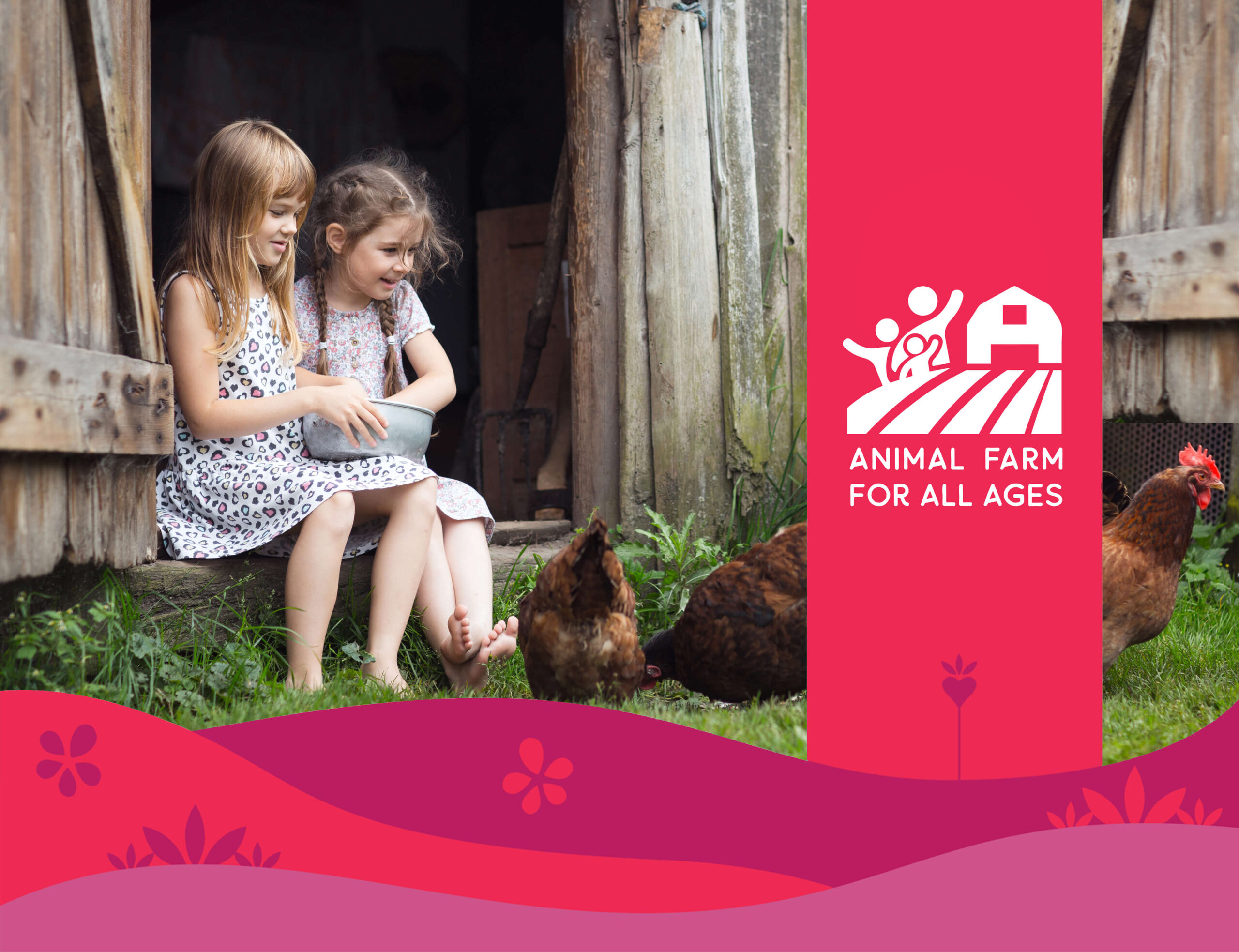
Our animal farm
make funny friends
some of the faces you will meet on our animal farm
Animalero and Day Pass
two fun experiences to enjoy our animal farm
Animalero
Perfect for all animal lovers
Visit our animals in their different corrals during a guided tour. Pet and feed, learn all about the animal’s favourite food, their habits and how to interact correctly with them.
Hear funny little stories about animal behaviour and become an Animalero – a real animal expert! After the tour, relax and spend more time on our beautiful farm.
Feel free to bring your own picnic and relax under our shady trees. The Day Pass with all its features is included in the Animalero Package.
Day Pass
To enjoy the farm without complications
With the DAY PASS, you can admire our animals from outside their pens. From 09.00 to 15.00 you will have our rustic tables at your disposal, to have a picnic, enjoy our communal BBQ and spend a wonderful day in nature.
We have areas for children to enjoy, with swings, a trampoline and our inflatable bull Freddy! There is also our foodtruck, where we offer homemade food, strawberry ice cream and much more…
Please note that with the DAY PASS you don’t have access to the animal enclosures – for that you will have to book the ANIMALERO package.
Picnics are a perfect way to enjoy a farm day
our animal farm for kids
we have a heart for rescue animals in need
Not all of the animals you can visit on our farm have been part of our family from the beginning. Some of them have been taken in through our farm animal rescue programme because they lacked food, affection and proper living conditions in their place of origin. We have gladly taken each and every one of these animals into our care. It’s a heartwarming experience to see them recover, become more trusting and comfortable with us day by day. These animals are just as happy to be stroked by our visitors as all the others. Well, maybe even a little more.
this page is coming soon
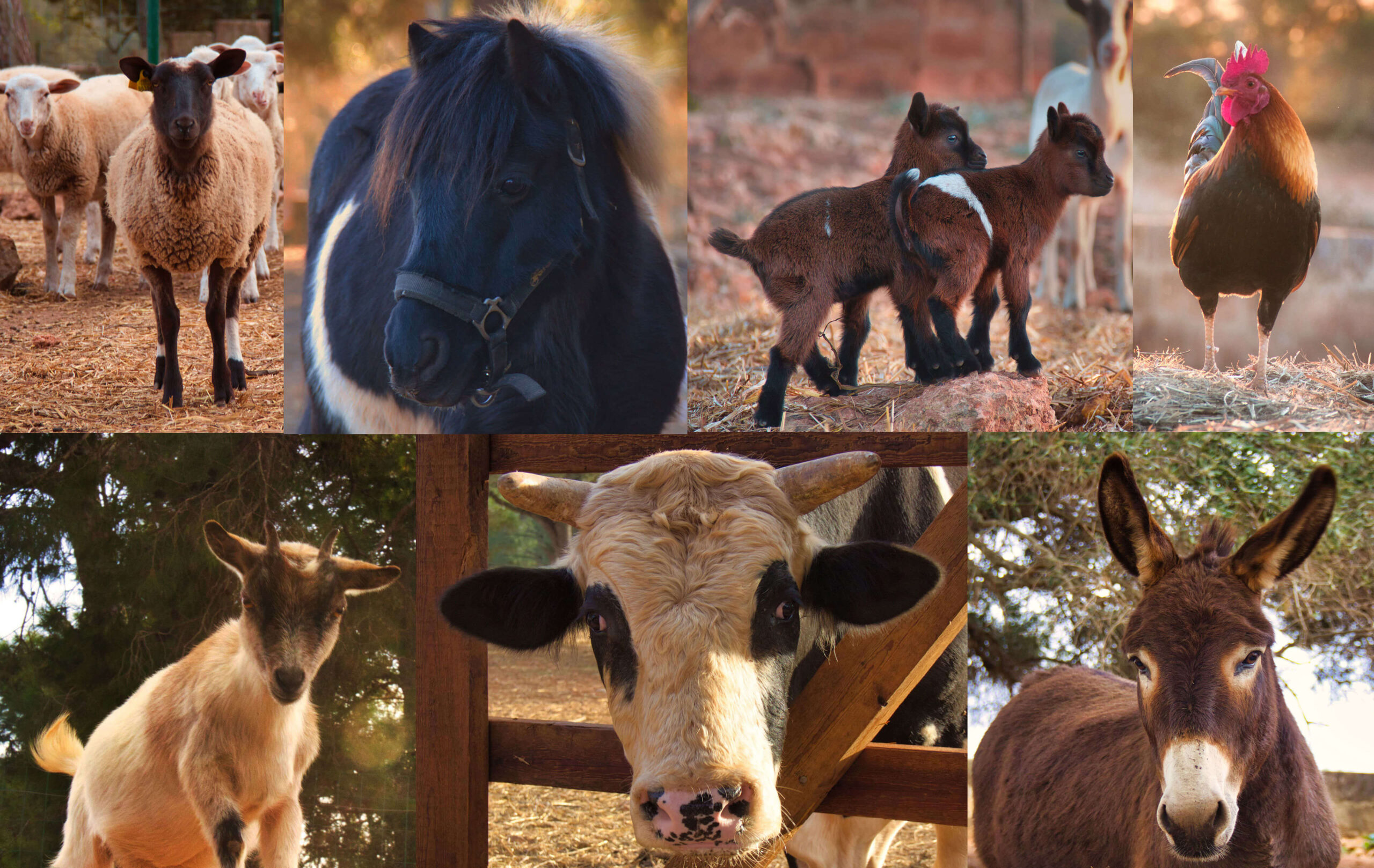
learn about farm animals in Mallorca
discover a creative petting zoo full of fun ways to learn
Unlike humans, chickens’ eyeballs don’t move in the eye socket. Therefore, when the chicken moves forward, its vision becomes blurred. Imagine looking out of a train window into the landscape while the train is moving fast forward. In order to be able to focus on a fixed point, a chicken has to keep its head completely still. The rest of the body continues to move. Once its eyes have stabilized their vision, the chicken pulls its head forward again. This way it can see a tasty worm or the grains you throw to it.
Getting sleep is just as important for animals as it is for us humans. But while we can feel quite safe in our beds, ducks need to stay alert even while they are sleeping so that they can flee in time if danger approaches. So nature has equipped them with a special ability. While a flock of ducks rests together, those sleeping at the edge of the group only fall into a half-sleep. They keep the eye facing outwards open while the eye facing their fellow ducks is closed. This way they get the sleep they need and at the same time protect the ducks in their group from being surprised by a predator.
As children, once we have lost sight of our mother, we simply look for her with our eyes and recognise her among many people. With lambs and sheep it is different. When a small lamb in a large flock is looking for its mother, it starts bleating. The mother recognises its baby by its voice and bleats back. And the little lamb also recognises its mother by her voice. They then bleat back and forth until the two have found each other. Sheep also have a very well-developed sense of smell. An ewe can also distinguish her lamb from other lambs by its smell. On our animal farm you will find the answers to such questions. During your tour of our animal farm, you can not only pet and feed the animals, but also observe them and learn exciting things like these.
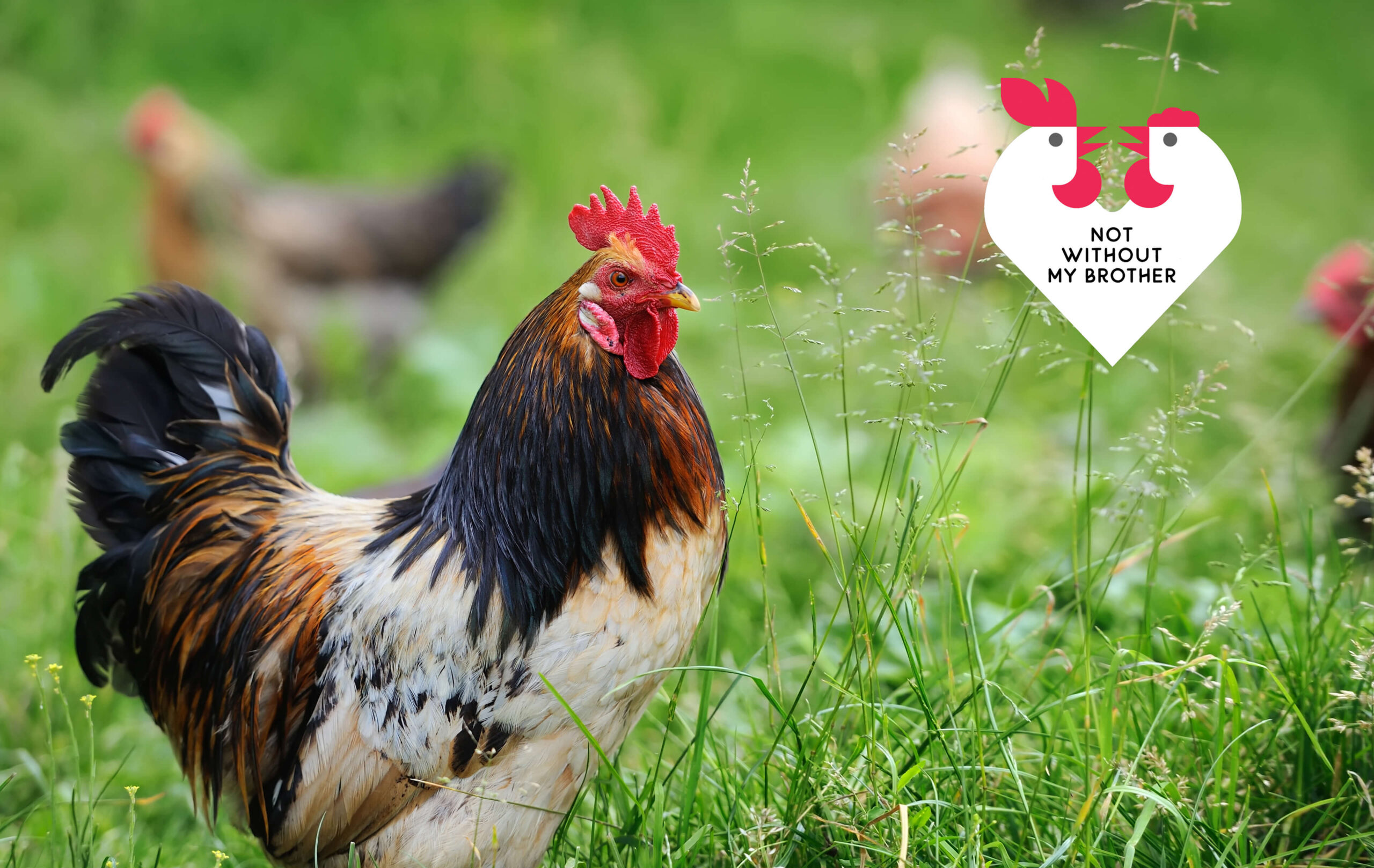
Rooster Welfare
the ethical initiative at our animal farm
Have you noticed that not only the hens live a relaxed life with us, but also their brothers, the roosters? Unlike industrial chicken farms, we do not sort out the male chicks. The “boys” are also very welcome in our feathered family. That’s why on our farm you can watch not only happy hens, but also happy roosters strutting around freely! Our Rooster welfare initiative, lovingly named “Not Without My Brother” is a unique approach to provide safety and welfare to both sexes of chickens. If you believe all lives have value, then look for the rooster initiative symbol on our chicken and egg products and feel good about supporting ethical animal products.
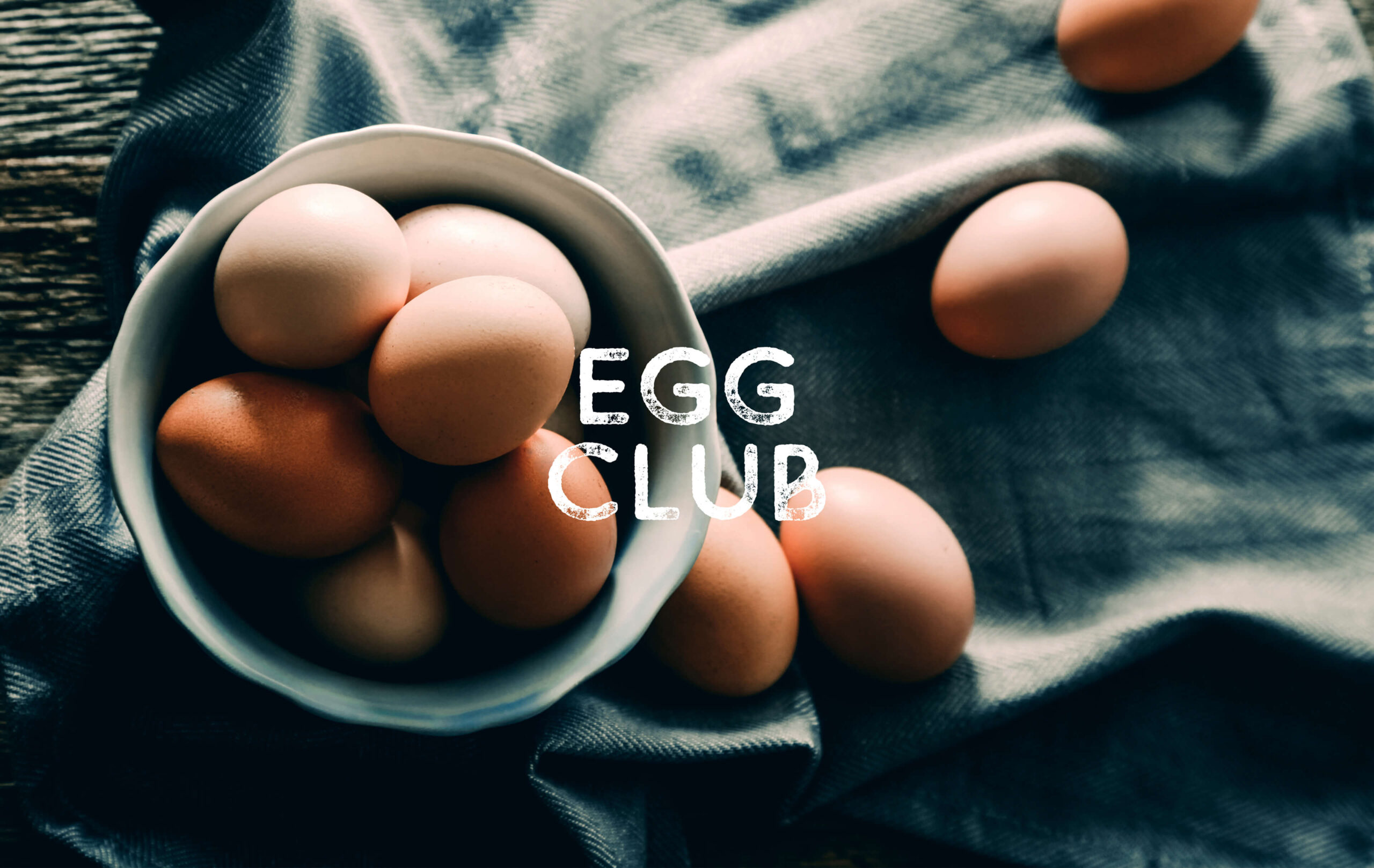
our happy hens
and their fresh eggs from the farm
Just as if they wanted to show their gratitude for growing up with their brothers, our happy hens give us lots of fresh eggs every day. If you like to enjoy your breakfast egg with a clear conscience by valuing animal welfare and sustainable nutrition, you should become a member of our Egg Club. For just € 60 a year, members of this farm-to-table initiative not only secure 12 fresh eggs from happy hens every month. They also get interesting discounts on other products from the farm and meet nice people at our annual Egg Club event.
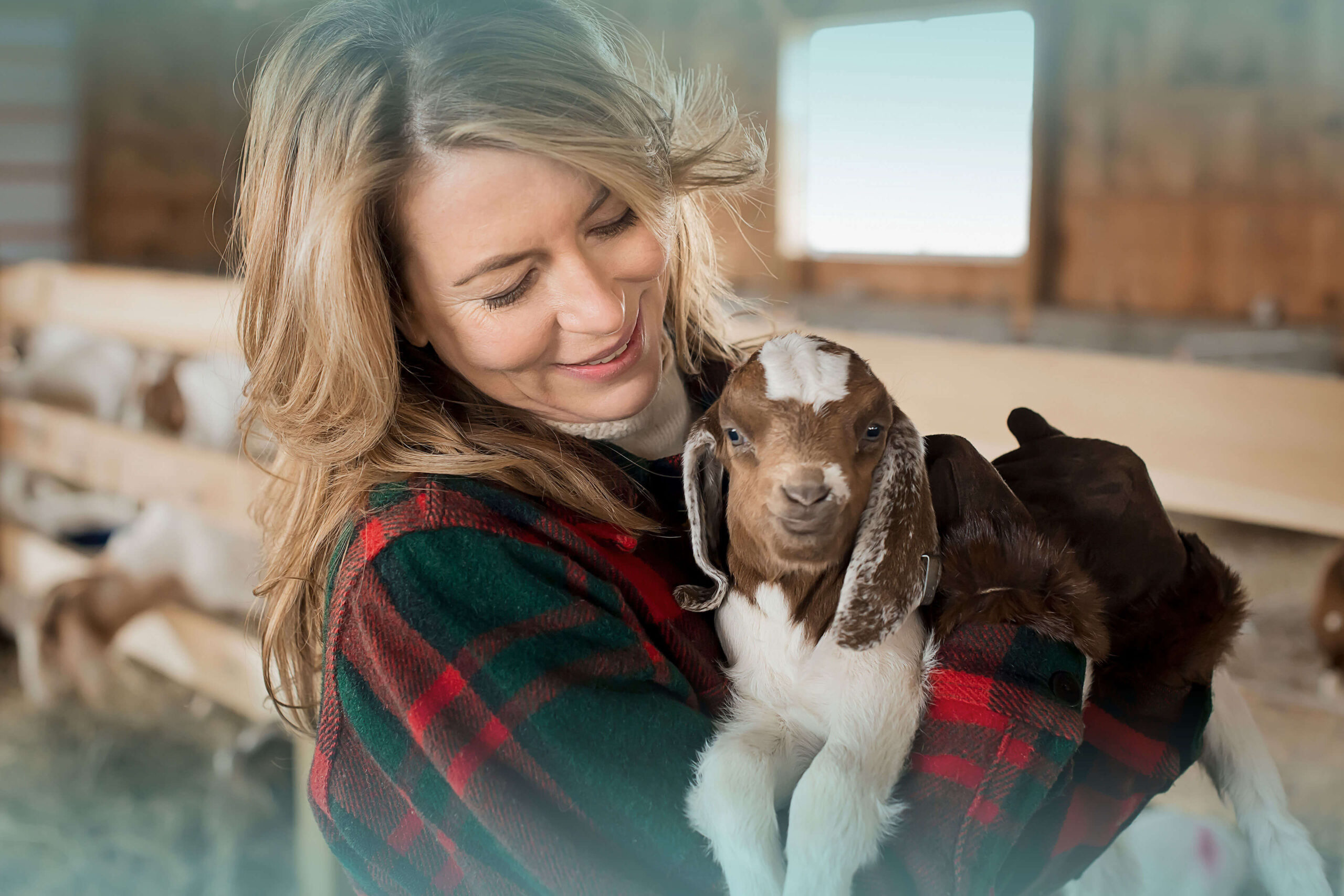
sponsorships on our animal farm
pet, feed and cuddle your furry friends
You have fallen in love with one of our animals and would like to visit it every day? As an animal sponsor at Fresopolis, you can do that! For a monthly fee of just € 15, you can visit your sponsored animal as well as all the other animals of our farm as often as you like without having to pay admission each time. By the way, with your contribution you do not only support your sponsored animal or the group of animals you have taken particularly to your heart. It also enables us to continue to take in and care for farm animals in need that have not fared so well on this beautiful island. Find out more about the benefits of animal sponsorship. Choose your animal and become an animal sponsor on Fresopolis now!
our educational animal farm
visit an exciting place full of amazing fun facts
See what special traits and abilities nature has provided our animals with. You might see them with different eyes on your next visit!
The ancestors of our goats come from Central and Western Asia and were domesticated more than 10,000 years ago. This makes them, together with sheep and dogs, one of the oldest domestic and farm animals. They were mainly kept for their milk, meat, fur and skin. Besides, they were also once abandoned in large numbers on uninhabited islands to serve as food for passing sailors. In Europe today, they are mainly kept for two reasons. On the one hand, their milk is processed into cheese. On the other hand, thanks to their voraciousness, they are suitable for clearing wild growth in pastures, torrents and forests. This way, they make an important contribution to preventing forest fires and floods. But before you start dreaming about having a goat in your private garden as a natural lawnmower, consider this: as herbivores, goats don’t distinguish between weed and your vegetable garden. And not even a fence may keep them from sacking, as goats have astounding climbing abilities. In some countries, by the way, goats have another task: their dung is used as fuel.
Although donkeys generally have a reputation for being stubborn, there is also something very romantic about them: once a pair of donkeys have found each other, they can have lifelong friendships with each other. And it can last a pretty long time, as donkeys can live up to 50 years! And why are they said to be stubborn? When a donkey senses danger or an obstacle in its path, it stops to weigh up the situation. Although this behaviour actually expresses uncertainty, we humans often misinterpret it as stubbornness. Anyway, donkeys are often underestimated. Thanks to their well-developed sensory organs, especially ears, eyes and nose, donkeys perceive a potential enemy much earlier than other animals. On Mallorca, by the way, donkeys have a very special job: before the rainier months begin, they are sent into torrents to clear the wild growth. When the rainy season starts, the water coming down from the mountains can run off better and does not lead to flooding. So donkeys are excellent natural landscape maintainers.
You can see chickens of all sizes on our farm: from chicks to happy hens to proud roosters. But did you know that they are living descendants of the once most feared dinosaur Tyrannosaurus Rex? You can tell that by having a look at their feet! Our chickens are, of course, peaceful domestic chickens that have been used to humans from an early age. They enjoy being fed and simply stepping around picking grains from the floor. Among themselves, by the way, chickens have a fixed ‘pecking order’. This means that there are always more dominant chickens and roosters who claim to have priority over the food and set the tone in the group. The Romans once gave them their Latin name ‘Gallus Gallus domesticus’ because of their habit of crowing in the early hours of the morning. The Latin word ‘Gallicinum’ refers to the hours between midnight and sunrise. And why do roosters crow at all? They use it to mark their territory. Since the ancestors of today’s domestic chickens once lived in densely overgrown jungle areas, it is assumed that they got into the habit of crowing to let other roosters out of sight know that they were in charge of their territory. This is how crowing back and forth still occurs in rural areas today. In this way, the cocks, which incidentally have a fine sense of hearing, can estimate at what distance a possible rival is located.
Sheep, and especially little lambs make us want to cuddle them right away when we meet them. Once you stroke their fur, you will notice that it is not only very fluffy, but also feels a little greasy. This comes from lanolin, a fat produced by the skin glands. It protects the wool from getting wet. Even in the heaviest rain, the sheep’s undercoat stays nice and warm and dry, so don’t feel sorry for a sheep standing in the rain. Their well-developed sense of smell and good hearing also make it easier for sheep to live in the wild. Since they live in flocks, it can happen that a little lamb loses sight of its mother. To find each other, they ‘bleat’ their way back together. A newborn only has to hear its mother’s voice once to recognise her. The mother sheep, by the way, also recognises her own lamb among all the other lambs by its unique smell. And the male sheep, the ram, also has a good nose: he can smell a female at a distance of 300 metres!
You will find real smarties on our animal farm when you enter the enclosure of our pigs. A pig can learn commands such as “sit” or “come”, it can learn to listen to its name and it’s able to remember words and objects years later. Pigs’ passions include playing with their mates, lying lazily in the sun and taking a bath to cool off in high temperatures. Pigs, unlike us, cannot sweat. So they regulate their body temperature by rolling around in mud or water. Also, contrary to what they are said to be, pigs are extremely clean contemporaries. They even make an effort not to contaminate their sleeping and eating places. And did you know that pigs feel the environment with their snout?
On our farm you’ll also meet different kinds of ducks. One particularly fascinating ability of these feathery fellows is that they can sleep with one eye closed and one eye open. Have you ever tried this? Ducks live together in flocks. If all of them were deeply asleep at the same time, none of them would notice when an enemy approached. To protect the group and still get the sleep they need, ducks have developed the ability to shut down one half of their brain. Those ducks that have sought a roost at the edge of their group keep the eye facing outwards open and the eye facing their mates closed. This way they remain alert and protect the members of their group without having to give up their own night’s rest. Isn’t that a beautiful proof of friendship?
Without doubt, our male peafowls are the biggest show-offs on our animal farm. They are anything but modest when it comes to showing who wears the most magnificent feathers of all. Their elongated tail feathers can reach a length of up to 160 cm! But that’s not all: these feathers form a long train that fills up with up to 150 feathers by their third year of life. In the adult peafowl, each one of them is adorned at its end with a colorful heart-shaped spot. When it comes to impressing a hen, the male sets up this train, transforms it into an imposing wheel of feathers and then slowly turns on its own axis. Younger male peafowls, whose train is not yet fully grown, get the short end of the stick and are hardly given a glance by females willing to mate. You might be lucky enough to observe this impressive spectacle with your own eyes during your next visit.
You will get to know our ponies especially well if you take one of our pony workshops or go on a little pony tour with them. But there are also exciting things about them that you don’t see at first glance. For example, ponies, like horses, have extraordinary eyesight. Unlike us humans, their eyes are not in the front, but on the side of their head. As flight animals, ponies and horses are exposed to the danger of predators in the wild. Many predators sneak up slowly from the side. With their eyes placed at the side of their head, ponies and horses can see predators more quickly. On the other hand, horses and ponies have monocular vision which leaves them with a blind spot in front of their nose. In order not to frighten your fellow, always approach it at an angle, never directly from the rear.
Who wouldn’t like to have their own cuddly dwarf rabbit at home? But before you get one, there are a few things you should know about them: Rabbits like to be petted. When they feel comfortable, they tend to grind their little teeth. This is similar to the way a cat purrs. However, you can hardly motivate them to grind their teeth if you pick them up: the little rodents are flight animals and feel insecure if they do not touch the ground with all four paws. By the way, rabbits are real racers. As small as they are, they like to travel at speeds of up to 40 km/h. In a small cage, they do not have the chance to do this. A rabbit therefore needs at least 2 m2 of outdoor space to let off steam every now and then. In addition, rabbits are very sociable animals. They tend to become sad being alone, and you won’t be with your pet all day. So before you get a rabbit, think carefully about whether you can offer him enough exercise and the necessary company. A lonely rabbit in a small hutch is like having to stay in your room without being allowed to play outside with your friends.
The ancestors of the guinea pigs that you can visit on our animal farm are small South Americans. They were native there before Spanish sailors brought them across the sea to Europe. The Spanish associated their squeaking sounds with those of the domestic pigs they already knew. In fact, these cute herbivores that we like to keep as pets today are related to the world’s largest living rodent, the capybara. And like their bigger ancestor, guinea pigs are very social animals that enjoy living together in pairs or groups. Like rabbits, guinea pigs reproduce extremely rapidly. Guinea pigs are precocial animals. They are born well developed with fur, teeth and open eyes. They can see, hear and move around and feed on their own immediately after birth.
